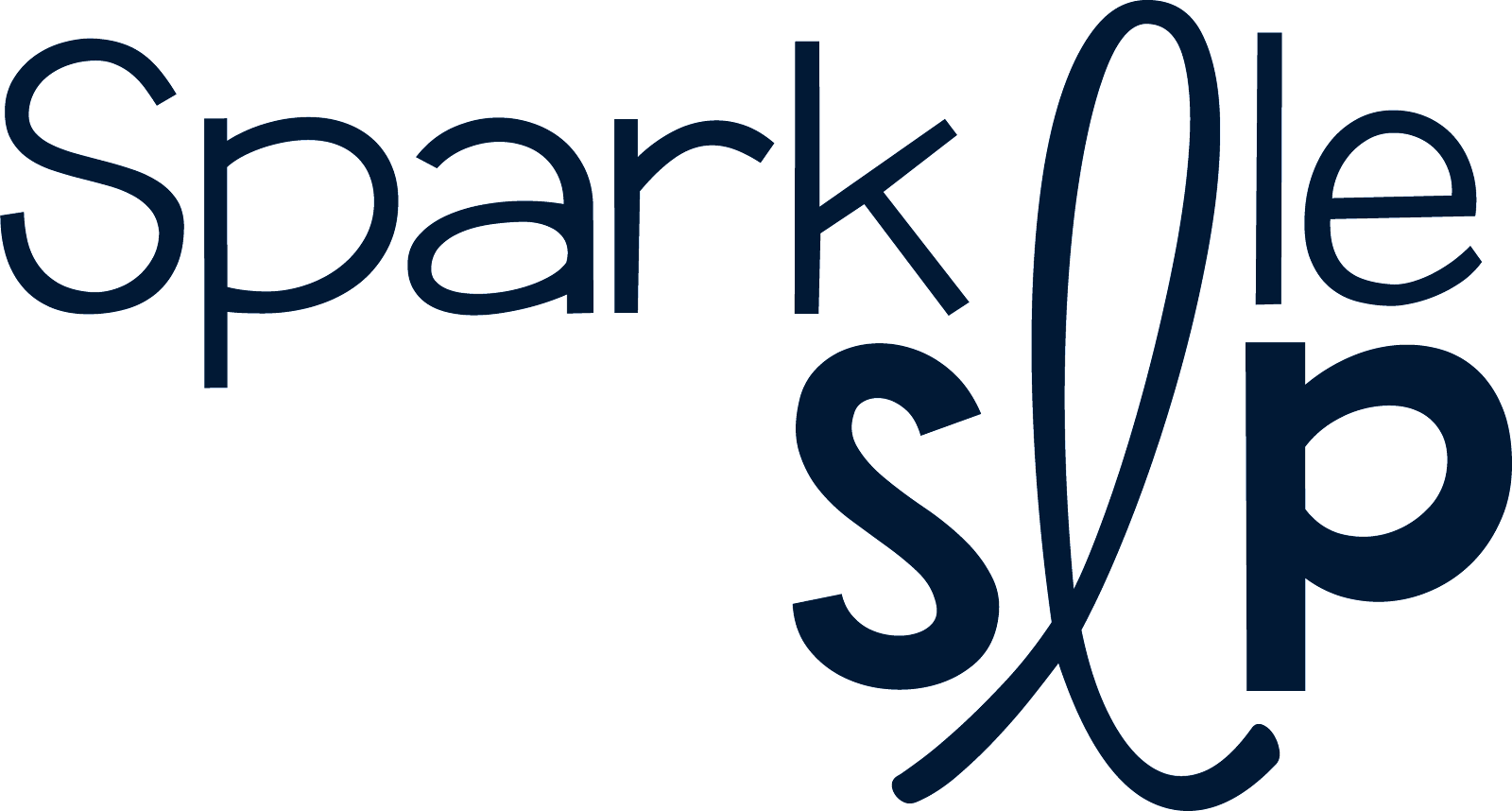The Frenzied SLPs are back in true frenzied fashion to talk middle school. #slpstrong
In my opinion, one must be frenzied to work successfully with middle school students. Not this girl. Never have and well it might be better that way. I don't think I'm tough enough, likely too naive, and clearly I would not handle drama very well.
In my opinion, one must be frenzied to work successfully with middle school students. Not this girl. Never have and well it might be better that way. I don't think I'm tough enough, likely too naive, and clearly I would not handle drama very well.
You are probably wondering why I would even participate in this linky based on my dramatic reaction to middle school students. Well, I know I've mentioned this major detail before. I have the privilege of working with a phenomenal group of SLPs in my district. You ask for support and you get it. Immediately! I quick polled and here is what was shared.
Answer as many questions as their team can before a sand timer runs out.
Pair any drill activity with picking a card that gives points. Check out this FREEBIE found on Speaking of Speech.
2. Plan bigger projects.
Create a game or plan an event.
Make a how-to on their favorite subject.
Follow recipes to make something edible.
Even record and create movies to highlight these cooperative projects.
Even record and create movies to highlight these cooperative projects.
3. Idea for social skills groups.
Choose Apps that focus on working together and discussing, like 4 Pics 1 Word.
Between the Lines is also a great App to engage students and discuss social nuances.
Choose Apps that focus on working together and discussing, like 4 Pics 1 Word.
Between the Lines is also a great App to engage students and discuss social nuances.
4. To align with transition goals on the IEP try researching colleges on the Internet. Look at offered majors as part of the goal and then play the school's fight song, check their sports winning records, and even choose a dorm.
5. Favorite commercial products to target goals.
Spotlight on Social Skills Adolescent by Linguisystems
Spotlight on Listening Comprehension by Linguisystems
Visualizing and Verbalizing by Lindamood-Bell
5. Favorite commercial products to target goals.
Spotlight on Social Skills Adolescent by Linguisystems
Spotlight on Listening Comprehension by Linguisystems
Visualizing and Verbalizing by Lindamood-Bell
6. And don't forget the Dum Dum suckers! For every session!!
This list actually really makes me want to try out middle school someday, seriously. I love planning and creating, researching, making movies, pragmatic language teaching with high functioning students, random reinforcement games with numbers, reminiscing about college days, and of course suckers (maybe chocolate more).
The ideas in this post were not mine, rather from dear colleagues always supporting my every request! Thank you!











